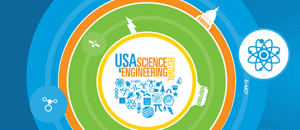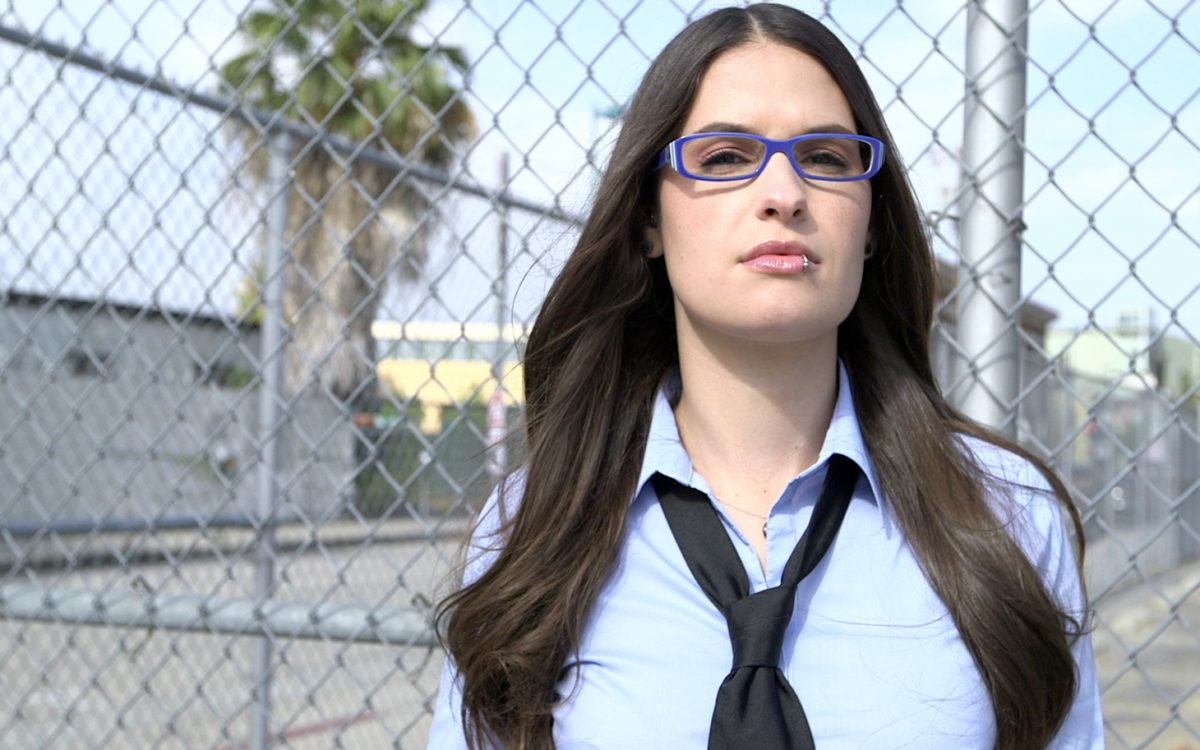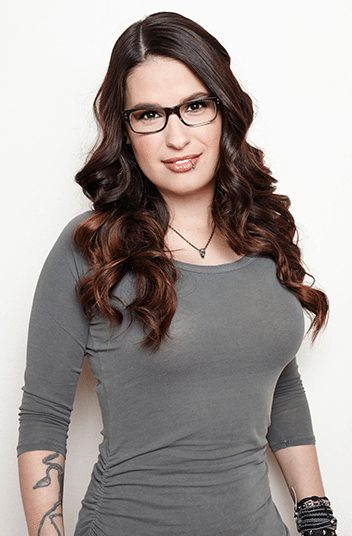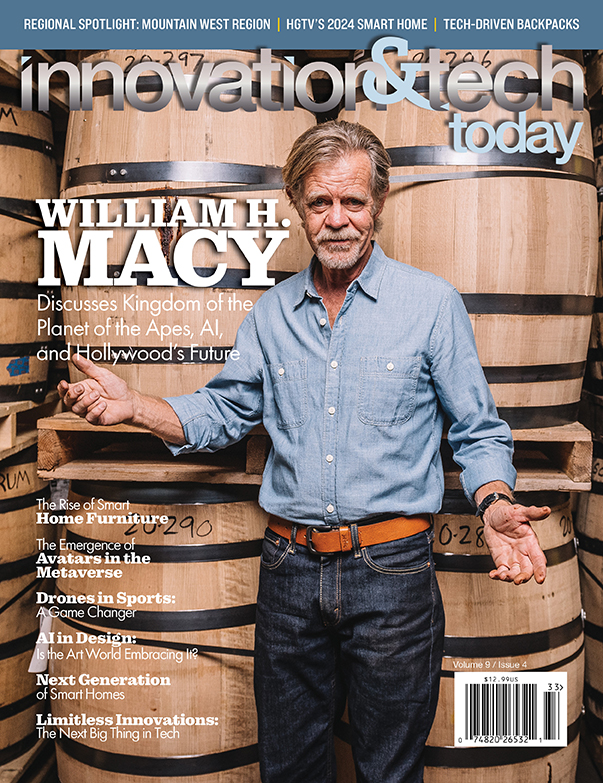Cara Santa Maria is a rock star in the scientific community and has dedicated her life to advancing scientific knowledge for the public. She holds an M.S. in neurobiology from the University of Texas, and has published research on topics ranging from the neuropsychology of blindness to computational neurophysiology. She has been on a guest on CNN, Fox News, BBC America and the Travel Channel, among others. Cara was also the senior science correspondent for The Huffington Post and is a regular contributor to “Tech Know” on Al Jazeera America.
We caught up with Cara to talk about her new podcast “Talk Nerdy”, getting girls more excited about science, and why she’s optimistic about the future.
Innovation & Tech Today: We really enjoy your podcast a lot. With all of the professional opportunities coming to you, why did you decide to go with a podcast right now?
Cara Santa Maria: Thank you! That’s so nice to hear. I think podcasting is a good medium for me. It’s a wonderful creative outlet, over which I have complete control. Don’t get me wrong: I love doing the work I do on television and the web. But there is something special about being my own producer, editor, and publicist, at least on “Talk Nerdy.” It’s a lot of work, but it allows me the freedom to express myself fully. And I don’t have to answer to anyone (well, except my listeners)!

IT Today: It’s fascinating how much the internet has changed how people both absorb and disseminate information. It seems that you are working on the forefront of this trend? Was this a conscious decision?
CSM: The internet is a game-changer. It provides incredible opportunities for content providers that simply didn’t exist when I was a child. I’m simply using the medium that is available to all of us to deliver the message that I want to deliver: science is a tool we are all privy to. We are all scientists.
IT Today: Who is your favorite person you interviewed during your career?
CSM: This is a tough question to answer. I’ve had incredible opportunities to interview a number of inspirational people in the relatively short time I’ve been working as a science communicator, journalist, and television host. Neil deGrasse Tyson comes to mind. He has been something of a mentor – and a friend – to me as I learn the ropes in this crazy business. I’ve also had the pleasure of interviewing Brian Greene, Matthieu Ricard, Vint Cerf, Alfonso Cuaron, Sean Carroll, Hugh Jackman, Ken Burns, Phil Plait, Al Gore, David Baltimore, John Ridley, and possibly my favorite interview: astronauts Dan Burbank and Don Pettit – in space! That’s right, I interviewed them while they were aboard the International Space Station. Pretty dang cool.
IT Today: Given your background in neurobiology, I was curious about your take on the study by the CDC that indicated the autism rate in children may be as high as 1 in 68. With a seemingly never-ending stream of theories, to plausible but unproven ideas like diet or evolutionary adaptations floating around, are we any closer to understanding what is occurring?
CSM: As long as we are doing good science, we are always closer to an answer. But, we are also closer to more and more questions. That’s the simultaneously frustrating and exhilarating thing about the scientific process. The more we learn, the more we need to learn in order to get at the truth. I can’t imagine how frustrating it must be for the mothers (and fathers) of the millions of children with autism, or for the children and adults themselves who are living on the spectrum. There have been many false starts and dead ends in the search for answers. I only hope they can seek comfort in knowing that progress is never linear, and those stumbling blocks are only bringing us closer to an understanding.
IT Today: What can we do as a society to get more girls excited about science and engineering?
CSM: We can treat young women with respect and admiration. We can show them positive role models in STEM fields, so that they know that the path has been paved ahead of them. We can hold them to the same standards as we hold their male counterparts – no more, no less.
IT Today: What excites you most about the future?
CSM: As we become more and more globally connected, I am increasingly hopeful about the prospect of eradicating world hunger and preventable disease. Education is the most powerful tool we have. When the entire planet has access to the knowledge that’s historically been set aside for a privileged few, there’s no telling how far we can go. I firmly believe that we are only as strong as the weakest among us. Our species will thrive or flounder by how we treat those less fortunate than ourselves. The internet is an awesome tool (in the truest sense of the word) that is providing increasing access to individuals in all corners of the earth. I look forward to a future where we are all connected and empowered.
LINKS
Cara Santa Maria – www.carasantamaria.com
Her new podcast Talk Nerdy – www.carasantamaria.com/podcast
Study by the CDC – http://www.huffingtonpost.com/2014/03/27/autism-rate-1-in-68_n_5041858.html
(To connect with Cara Santa Maria: Twitter @CaraSantaMaria or Facebook.com/sciencecara. The “Talk Nerdy” podcast is available on www.carasantamaria.com/podcast, and also available to download from iTunes or Stitcher.)










